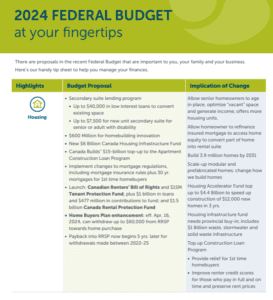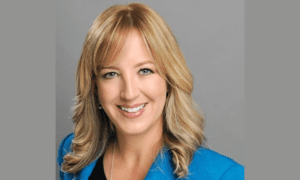Wealthy Millennials Have High Degree of Trust in Advisors: Survey

What You Need to Know
The nation’s largest living adult population had amassed $9 trillion in wealth as of the end of 2021
Advisors are a crucial source of support for HNW millennials; more than half say they have difficulty finding time to manage their finances.
As they build their wealth, millennials are asserting priorities when it comes to how they invest.
Millennials in the U.S. recently surpassed baby boomers as the nation’s largest living adult population — the oldest are now 41 — and they have grown their wealth from $4 trillion in 2019 to $9 trillion as of the end of 2021, RBC Wealth Management noted this week, citing data from the U.S. Census Bureau and the Federal Reserve.
In a recent survey of 1,000 high-net-worth millennials, RBC Wealth Management found that 84% think frequently about their financial security, but many are unsure of what they need to do to attain it. The survey aimed to understand how financial advisors can address their needs.
“Our data shows they have a high degree of trust in financial advisors, and with many wealthy millennials expecting to come into money from inheritance or the sale of a business, their advisors will serve as a crucial resource for information and support,” Angie O’Leary, head of wealth planning at RBC Wealth Management – U.S., said in a statement.
The online quantitative survey, conducted in December, included 750 high-net-worth millennials, those with at least $1 million in investable assets, including 401(k); and 250 high-earning, not-rich-yet millennials (called “HENRYs”), who have either $250,000 or more in household income or between $100,000 and $999,000 in investable assets.
Looking to the Future
The survey results show why professional guidance is important to well-off millennials. Fifty-nine percent of respondents reported difficulty finding time to manage their finances while juggling multiple responsibilities, such as buying a home, starting a family, caring for aging parents and saving for their children’s education.
Seventy-two percent of participants said that after paying off debt, saving for an emergency fund and maxing out their 401(k), they are unsure what to do next.
Three-quarters of respondents said they want the same things as their parents, but those things are simply affordable. Their main goal is to establish long-term security by investing and saving.
According to the survey, 38% said investing in the stock market is their top financial goal, while 33% prioritized saving for retirement. Twenty-seven percent said their top financial goal is starting a company.







